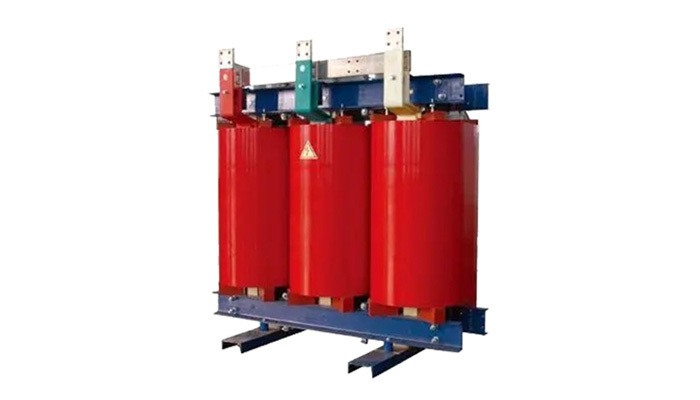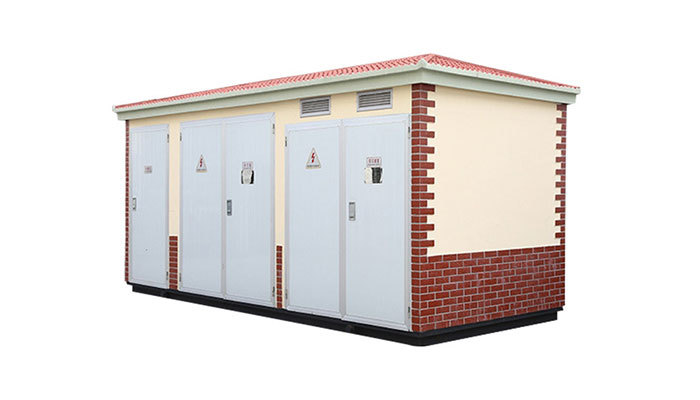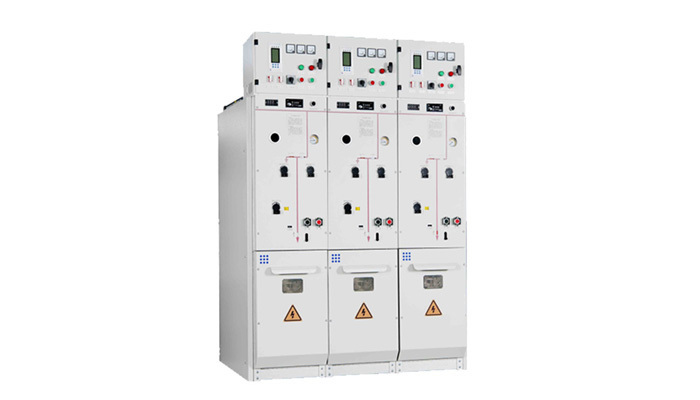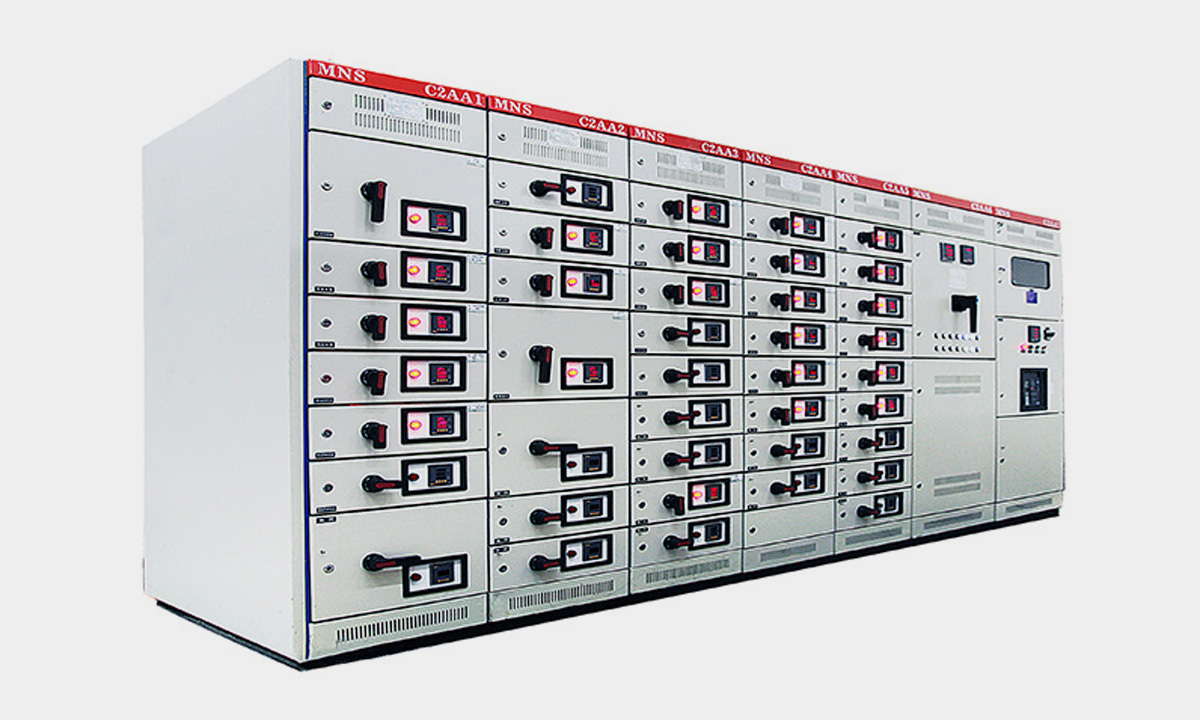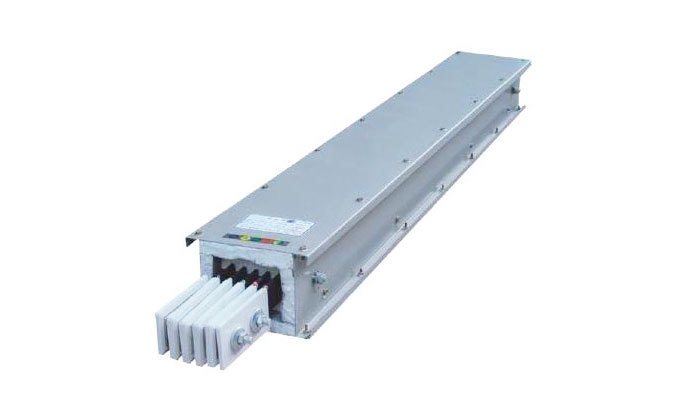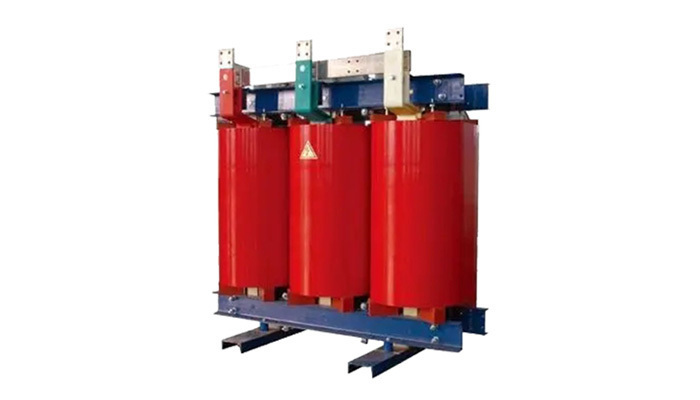Exploring the Advancements and Applications of Intelligent Liquid Crystal Capacitors
Release time:
2025-05-29
Intelligent Liquid Crystal Capacitors (ILCCs) represent a significant advancement in capacitor technology, combining the benefits of traditional capacitors with the unique properties of liquid crystals. These capacitors utilize liquid crystal materials to achieve tunable capacitance, enabling greater flexibility in electronic circuit design. The ability to adjust capacitance dynamically allows for improved performance in a variety of applications, from consumer electronics to sophisticated industrial systems.
One of the key advantages of ILCCs is their ability to offer programmable capacitance values. By applying an electric field, the orientation of liquid crystal molecules can be manipulated, resulting in a change in capacitance. This tunability can be particularly beneficial in applications requiring variable capacitance, such as tuning circuits, filters, and adaptive resonators. Furthermore, the rapid response time of liquid crystals means that these capacitors can switch capacitance states almost instantaneously, enhancing the performance of dynamic systems.
ILCCs also provide opportunities for miniaturization in electronic designs. As devices continue to shrink in size, traditional capacitor types often struggle to meet the spatial efficiency required. However, the compact nature of liquid crystal technology allows for smaller footprint designs while maintaining or even improving capacitance values. This feature is especially appealing in the realm of wearable technology and IoT devices, where space constraints are paramount.
Another notable characteristic of Intelligent Liquid Crystal Capacitors is their potential for energy efficiency. By optimizing capacitance based on operational needs, these capacitors can reduce energy consumption in electronic systems. This capability aligns with the growing demand for energy-efficient solutions in the electronics industry, making ILCCs an attractive choice for engineers focused on sustainability.
In terms of applications, ILCCs are increasingly being explored in fields such as telecommunications, automotive electronics, and medical devices. For instance, their dynamic tuning capabilities can enhance the performance of RF circuits in communication devices, leading to improved signal quality and range. In automotive applications, ILCCs can contribute to more responsive control systems, enabling advanced driver-assistance features. Moreover, in medical devices, their ability to adapt capacitance can optimize performance in diagnostic equipment.
In summary, Intelligent Liquid Crystal Capacitors signify a transformative leap in capacitor technology, offering adaptability, compactness, and energy efficiency. As the demand for innovative electronic solutions continues to grow, ILCCs are poised to play a crucial role in shaping the future of the electronics industry. Their unique properties open up new possibilities for engineers and designers, paving the way for more capable and flexible electronic systems.
One of the key advantages of ILCCs is their ability to offer programmable capacitance values. By applying an electric field, the orientation of liquid crystal molecules can be manipulated, resulting in a change in capacitance. This tunability can be particularly beneficial in applications requiring variable capacitance, such as tuning circuits, filters, and adaptive resonators. Furthermore, the rapid response time of liquid crystals means that these capacitors can switch capacitance states almost instantaneously, enhancing the performance of dynamic systems.
ILCCs also provide opportunities for miniaturization in electronic designs. As devices continue to shrink in size, traditional capacitor types often struggle to meet the spatial efficiency required. However, the compact nature of liquid crystal technology allows for smaller footprint designs while maintaining or even improving capacitance values. This feature is especially appealing in the realm of wearable technology and IoT devices, where space constraints are paramount.
Another notable characteristic of Intelligent Liquid Crystal Capacitors is their potential for energy efficiency. By optimizing capacitance based on operational needs, these capacitors can reduce energy consumption in electronic systems. This capability aligns with the growing demand for energy-efficient solutions in the electronics industry, making ILCCs an attractive choice for engineers focused on sustainability.
In terms of applications, ILCCs are increasingly being explored in fields such as telecommunications, automotive electronics, and medical devices. For instance, their dynamic tuning capabilities can enhance the performance of RF circuits in communication devices, leading to improved signal quality and range. In automotive applications, ILCCs can contribute to more responsive control systems, enabling advanced driver-assistance features. Moreover, in medical devices, their ability to adapt capacitance can optimize performance in diagnostic equipment.
In summary, Intelligent Liquid Crystal Capacitors signify a transformative leap in capacitor technology, offering adaptability, compactness, and energy efficiency. As the demand for innovative electronic solutions continues to grow, ILCCs are poised to play a crucial role in shaping the future of the electronics industry. Their unique properties open up new possibilities for engineers and designers, paving the way for more capable and flexible electronic systems.
Latest information
Get a Free Consultancy
If you have any suggestions, please leave a message or send an email to us.




